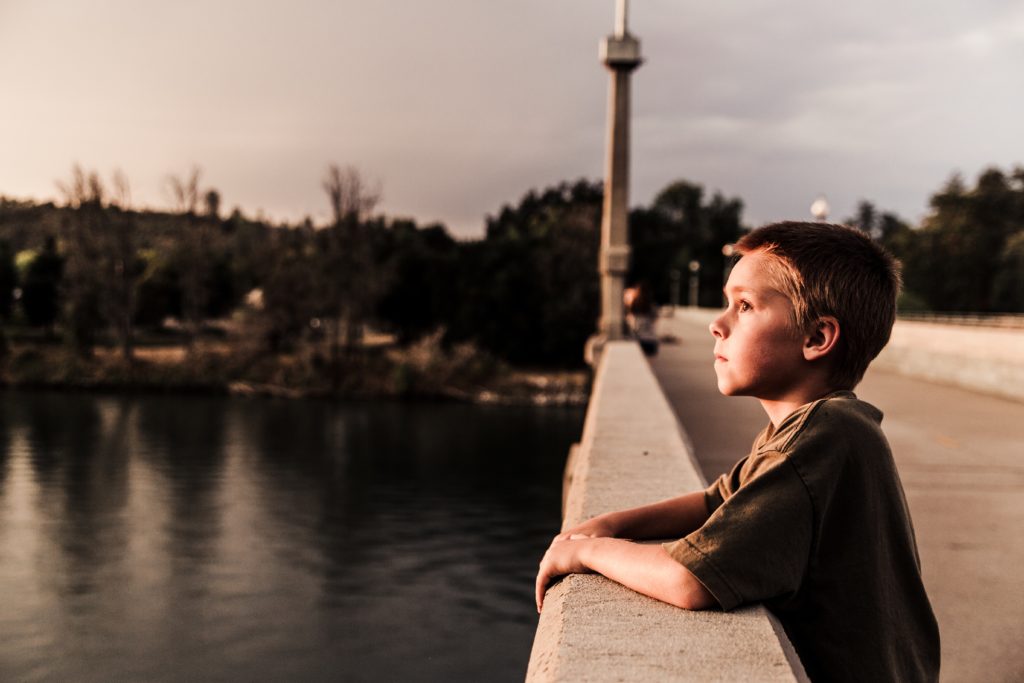Live your life with purpose.
If you’ve read any news piece, magazine article, website, or book that was even a little “self-help-ish,” I’m willing to bet you’ve heard that line. And it normally means that you need to stop getting caught up in the fads and whims of the moment and get down to business if you want to achieve what is important to you.
Okay. Purpose is important. Check.
But does that mean we need to be consigned to a life of drudgery? I mean, you can’t just live a sterile, purposeful life, right? I mean you could, but that’s a bit…. zzzz worthy isn’t it?
To a certain extent, this need for purpose is a modern challenge. If we think back to our earliest ancestors, there was little time to worry about purpose — mere survival was enough. Maybe you yourself find this to be still true today. If so, you’re not alone!
Purpose may, in fact, be the ultimate luxury. But living a life without purpose is also risky because we no longer have our fight for existence to anchor us.
Our FOMO Society
Because most of us don’t have to worry about our survival in the literal sense, we can become subject to the distractions and whims of our always-on, FOMO society — as in, fear of missing out.
Thanks to social media, the regular media, and just the constant bombardment of cool-looking things everywhere we turn, it’s easy to feel like you need to always be moving on to the next “in thing.”
But without a clear understanding and relationship with your purpose, you risk getting swept up in the emotional and sensory distractions that can keep you bopping from one thing to the next, eating up every moment of your existence, and consuming your precious energy.

And when you allow that to happen, it deprives you of one of your most important powers: your ability to focus.
As humans, we are instinctively programmed to react to those forces that act upon us and our surroundings. That’s why that little ding that says you got a new email, DM, or Facebook Like has the same neurological impact as if you just pulled the handle on a slot machine and are waiting to see if you won.
It takes massive amounts of mental energy to resist the temptation to react.
It’s easy to make choices or take action impulsively and instinctively, but without a clear sense of our purpose to guide those choices, well things don’t often turn out well.
Even more insidiously, lacking a clearly defined purpose, you will be vulnerable to following society’s script for your life — and fall victim to any number of ideas that you need to buy more, travel more, climb the corporate ladder more, or whatever else.
None of those things are bad in and of themselves — unless they aren’t part of the story you want to write for your life. But here’s the real kicker: you may not know if you want any one thing to be a part of your life’s story if you haven’t regularly thought about your purpose.
Perhaps most importantly, lacking a clearly-defined purpose in your life, you will have trouble creating and sustaining passion. And that’s a shame because it is our passions that most often lead to the most fulfilling moments of our life. And it’s our passion that helps to keep us on task and away from temptations.
Powering Focus Through Passion
Whereas our purpose is what we want for our life, passion is about doing the things that fire us up — the things that inspire us. In order to truly have a sustainable existence, we must synthesize the powerful forces of passion and purpose, linking them together.
The good news is that when you are able to get your focus and purpose aligned, passion becomes a natural byproduct — a positive, explosive chemical reaction in which your purpose and focus are feeding on one another in a continual stream of passion.
Achieving this state of purpose-focus-passion symbiosis is one of the most powerful forces in humanity because of what happens inside our brains.

Passion activates the limbic system of our brain — its emotional center. And because our emotions are much more likely to drive our behavior and decisions than our rational thought functions, the more connected we are to our purpose and passions, the less likely we are to respond and react to stimuli and distractions that don’t align with them.
And because the emotional draw of passion is so potent, it is also one of the most effective tools you have to power your ability to focus. When we find alignment, it becomes a self-supporting structure.
There’s also another bit of good news here. While many of us may struggle with the idea of “what’s our purpose” —feeling that it’s such a big question — you may already have one or more passions that run deep.
If so, they are clues to your purpose and you can use them to get the purpose-figuring-out process going!
As you can see, the idea of figuring out your purpose and putting it into action in your life could be an entire program.
For now, just know that understanding your purpose and linking it to your passions is the essential foundation of finding, sustaining, and effectively channeling focus.
So while there is far more to this than we can cover in this article, I do want to leave you with one practical way you can start the process of defining your purpose. The most profound choice you can make today to cultivate a discerning eye and mind when it comes to your purpose is to assess how you are currently living your life, and how you want to live out the rest of your life. I find when I’m lost in the thicket of things, going through our Obituary Test, and Routine Reset is so very impactful and creates some clarity. And as we age, there are very real health benefits to maintaining a purpose. So what are you waiting for? Aside from things that don’t serve you, you have nothing to lose!
